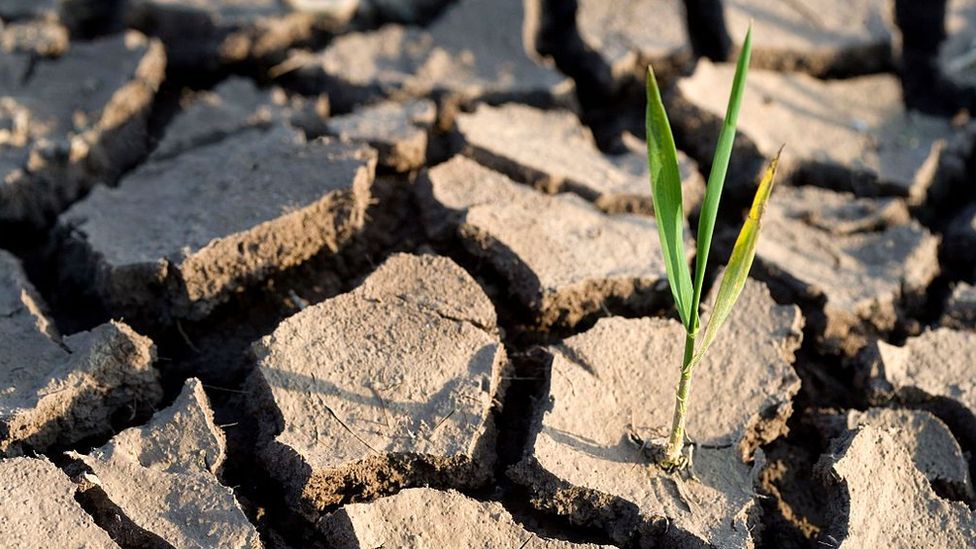
Equality article -- see more...

Political Race Analysis -- see more...

Hiking Reviews -- see more...
An Insight into business topics & happenings!
Part of the economic implications of climate change is that if the Earth were to be changing its overall temperature, then the economics of all major countries in the world would be affected by their dependability on natural resources. For example many fishermen and Farmers depend on the production of fishing and produce based on the seasonal patterns of the Earth's weather. If these patterns are disrupted anyway, then seasonal rains may not be present in order to raise crops and livestock. Cities such as New Orleans as well, which sits below sea level in some areas, runs the risk of flooding and costly damage to its City. This takes a huge economical burden on cities to repair.
However, the implications of addressing climate change where there is no urgency can exploit several millions and billions of dollars towards unnecessary funding of earthcare. If climate change is not as distressing as we believe, then there's no reason to switch over to Electric power and resources that are sustainable but not as economical. Oil and natural gas are critical elements in the structure of the United States of America to make the world run together smoothly. Cities like California already have rolling blackouts because of lack of electricity. More electric cars that don't depend on oil and natural gas will further damage people's abilities to make progress, thus putting more economical strain on countries.
One of the pros towards addressing climate change would be that it is an opportunity for the entire world to be United politically under the same goal of preserving environmental sustainability. This is a great way for Nations to collaboratively compete with one another and produce more sustainable products and promote the industry. Innovation in this case leads to great success and allows for the advancement of Nations and new political ideas. Additionally This is a great tool to put pressure on other countries to focus resources on better areas that can help promote more jobs within a country and opportunities that were otherwise not there. Climate change is something that would technically affect all the world, so the world can come together to combat this issue.
The negative side of politically supporting climate change is that it focuses politics on an issue that may not be directly impacting the world. Climate change is something that takes many many years to record and be understood, which brings about political difficulty in supporting it. The support of climate change sounds good on paper, but can be a tool to promote and delegate more power to governments and authorities that do not need extra power. Uniting the world under this single issue as well, can only further progress from other areas that are more critically needed. Issues such as widespread homelessness, hunger, Civil War, and many others take precedence over climate change as far as critical political actions concerned.
A few points in favor of combating climate change is that if climate change is not acted upon then it will continue to change millions of poor people who face greater challenges and extreme health and protect their livelihood. At the rate that the Earth would change, people would be subjected to Greater catastrophe and need to help one another which may not be easily done. If action is not taken as well, people may become displaced very easily and forced to move which can cause strain upon society as a whole. This displacement can cause a loss of Education, language, and overall cultural heritage that is necessary and being able to commune with several different types of people. An effort to combat this in theory would preserve the social order and overall characteristics that make up a society and how it can function in a first world country.
An argument against climate change in this case would be that the social order would be distracted by the act of trying to combat an issue that is not currently disrupting people's lives. Before action could theoretically be taken by a government, people were not in the position where they had their lives affected by climate change only until the government made it so. This could affect the social structure and how people are forced to live their lives. An example is in California where in the year 2024 they're going to ban leaf blowers and mower sales. For people who are socially living in the area where they work, they may become displaced simply by the act of the government telling them what to do. This is an action that can directly cause material loss not from climate change itself, but the social change it brings.
Overall, based on the research and pros and cons discussed in each of the three categories above I would subscribe to the overall Viewpoint that climate change is an issue of importance but not mediate importance. Taking great strides towards promoting green and sustainable practices can have serious consequences on the economics, politics, and social well-being of people all throughout the world. They're much more important issues that can be addressed through analytical research and specific results you're focused on. Issues like homelessness are easily recorded and can be alleviated if proper allocations of funds are given to programs to help them out. Although climate change is a way to unite the world together, uniting the world under amending social issues is a greater feat than climate change already. The Earth may be subject to harsh conditions and preventable disasters, but too much power in legislation can overall hurt people's ability to take care of one another. A combination of these two practices is best to mitigate both the issues currently facing people in the world and issues Yet to Come As a result of climate change. Thank you for reading this article oh, and have a wonderful day!


Equality article -- see more...

Political Race Analysis -- see more...

Hiking Reviews -- see more...